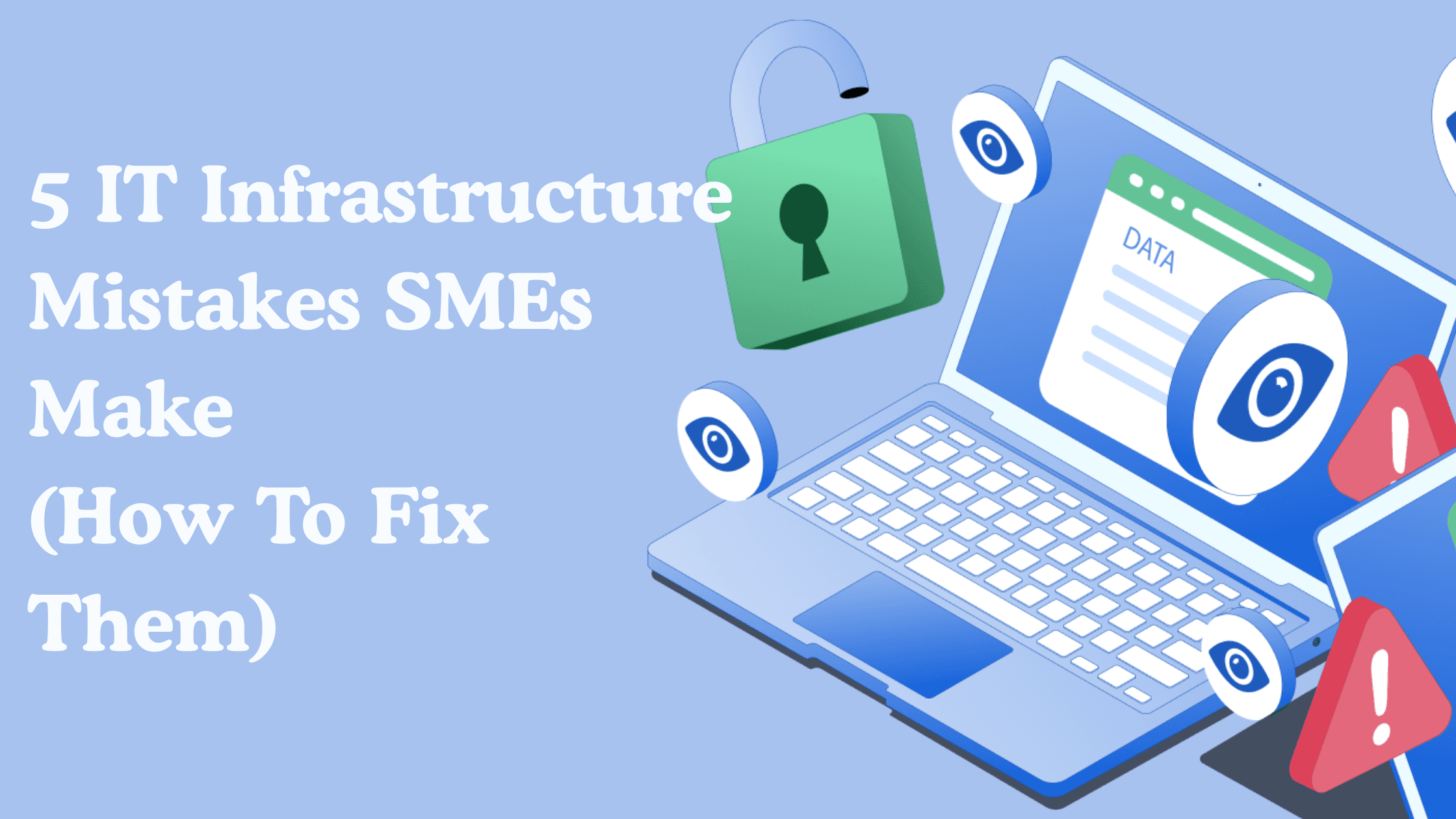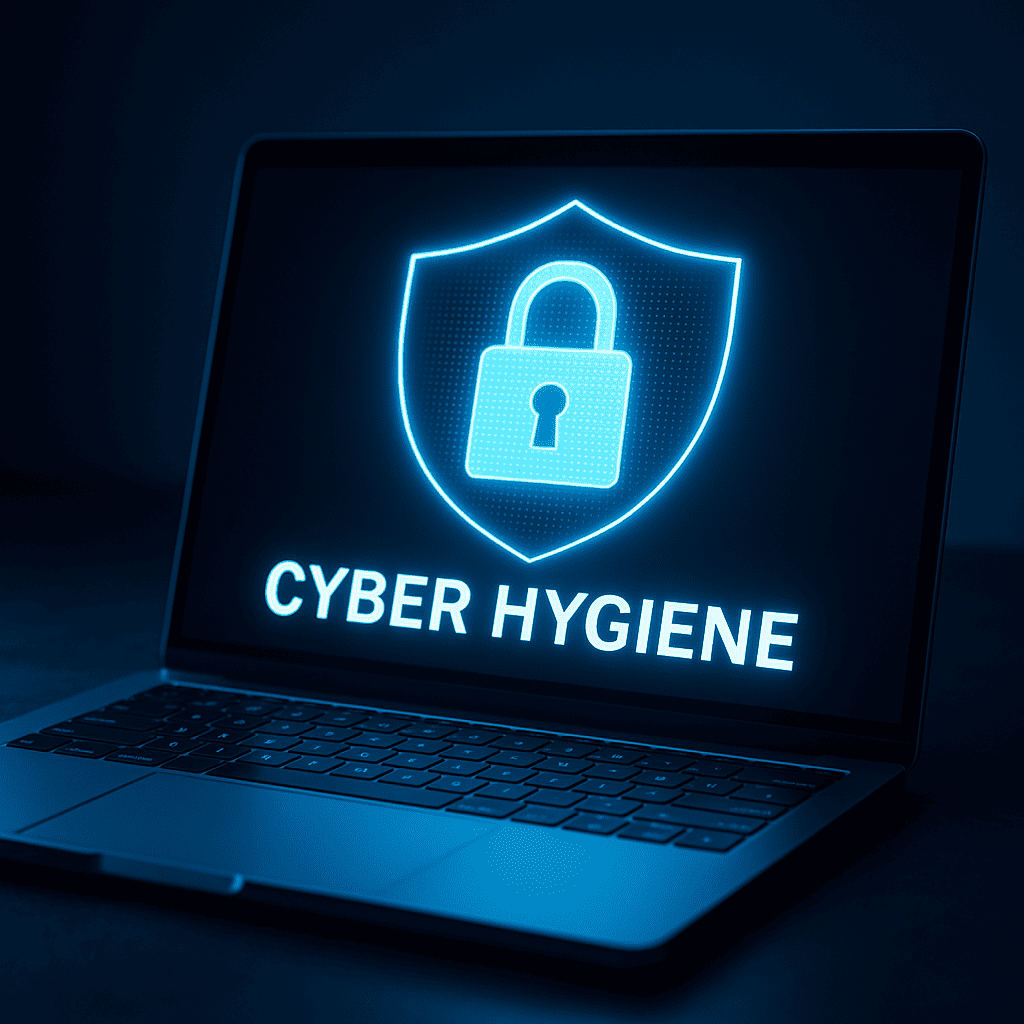Imagine you wake up one morning, check your company account, and discover ₦5 million has vanished overnight. The cause? A weak admin password that a hacker guessed in less than 10 minutes.
This isn’t a hypothetical scenario. According to the Nigeria Cybersecurity Outlook 2024, over 60% of cyberattacks in Nigeria target SMEs, and a staggering 43% of those businesses never recover. Why? Because many small business owners assume, “We’re too small to be a target.”
The reality is the opposite. Hackers know SMEs often lack strong security measures, making them the perfect prey.
The good news? You don’t need to invest millions in complex systems to protect your business. By following a simple 7-point cybersecurity checklist, you can significantly reduce your risk, safeguard your data, and maintain your reputation.
Let’s dive in.
1. Enable SSL & Website Security
Your website is the face of your business. If it’s not secure, you’re telling visitors and Google that your brand can’t be trusted. SSL (Secure Socket Layer) is what gives your site the HTTPS padlock icon in the browser bar. Without it:
- Customer data is vulnerable to interception.
- Your search rankings drop dramatically.
- Potential customers abandon your site out of fear.
Check your website right now: Does it start with HTTPS? If not, you’re leaving your site wide open to attacks. The good news? Most hosting providers offer free SSL certificates activate one immediately.
When a Lagos-based fashion e-commerce brand approached us, their site was running on HTTP and they were struggling with payment gateway approvals. We migrated their platform to HTTPS and deployed an advanced firewall system. Within three months:
- Bounce rate dropped by 18%.
- Banks classified their platform as “secure,” improving payment processing.
SSL is just the starting point. Combine it with a Web Application Firewall (WAF) to filter malicious traffic before it even reaches your site.
2. Implement Strong Password Policies
Weak passwords are one of the biggest open doors for hackers. Shockingly, the most common password in Nigeria is still “123456”. If your employees use simple or repeated passwords across platforms, your entire business is at risk.
Cybercriminals use automated tools that can guess common passwords in seconds. Once they gain access to one system like your email they can often access everything else, from bank accounts to client data.
Quick Action Steps
- Enforce Strong Password Rules: Require a mix of uppercase, lowercase, numbers, and special characters.
- Avoid Reuse: Every account should have a unique password.
- Use Password Managers: Tools like Bitwarden or LastPass help employees manage complex passwords without the hassle of memorizing them.
We worked with a mid-sized law firm in Abuja that had suffered two breaches because their admin passwords were simple variations of their company name. After implementing a company-wide password policy and setting up a secure password manager, they’ve had zero breaches in 18 months.
3. Schedule Regular Data Backups
Imagine losing all your customer data, invoices, and financial records in a ransomware attack. How long would it take your business to recover? For many SMEs, the answer is never.
Regular backups are your safety net. If a hacker encrypts your system or your server crashes, you can restore your files and keep running. Without backups, your business could face total shutdown.
Quick Action Steps
- Automate Backups: Use tools like Acronis or Backblaze for automated daily backups.
- Follow the 3-2-1 Rule: Keep 3 copies of your data, on 2 different media, with 1 copy offsite or in the cloud.
- Test Your Backups: A backup that can’t be restored is useless. Run recovery drills every quarter.
4. Add Multi-Factor Authentication (MFA)
Passwords alone are no longer enough. Hackers have sophisticated tools to crack even strong passwords. That’s why Multi-Factor Authentication (MFA) is critical. MFA adds an extra layer of protection by requiring something you know (password) and something you have (like a code sent to your phone).
Quick Action Steps
- Enable MFA on All Critical Accounts: Email, online banking, cloud storage, and admin dashboards.
- Free Tools to Use: Google Authenticator, Microsoft Authenticator, or Authy.
- Set Up Company-Wide Policy: Make MFA mandatory for every team member with access to sensitive data.
Not sure if your website is secure? OmoolaEx offers a Free Cybersecurity Health Check for Nigerian SMEs. Book yours today →
5. Train Your Employees – Your First Line of Defense
90% of data breaches happen because of human error. Phishing scams, fake invoice emails, and malicious links are still the most common attacks—and they target your employees.
One wrong click can compromise your entire network. The solution? Regular cybersecurity training.
Quick Action Steps
- Run a 30-Minute Phishing Awareness Session: Show employees real-world scam examples.
- Create a Reporting Culture: Encourage staff to report suspicious emails without fear of punishment.
- Provide Monthly Cyber Tips: A simple email reminder can go a long way.
6. Keep Software & Plugins Updated
Outdated software is like leaving your shop door wide open at night. Hackers actively scan for vulnerable systems, and unpatched plugins are their favorite entry point.
Quick Action Steps
- Update Everything: Operating systems, browsers, WordPress themes, and plugins.
- Remove Unused Plugins: If you don’t use it, delete it.
- Schedule Updates: Make this part of your monthly IT routine or outsource it to a trusted partner.
7. Schedule Professional Security Audits
DIY security measures are great, but cyber threats evolve daily. A professional security audit identifies hidden vulnerabilities you might never notice.
Why It Matters
- Detects misconfigurations in firewalls, servers, and software.
- Helps you stay compliant with regulations like NDPR (Nigeria Data Protection Regulation).
- Provides a roadmap for long-term security.
Conclusion
Cybersecurity is not a luxury, it’s survival. For SMEs in Nigeria, where attacks are on the rise, taking proactive measures can mean the difference between growth and shutdown.
Start with these 7 essential steps:
- Enable SSL & Website Security
- Implement Strong Password Policies
- Schedule Regular Data Backups
- Add Multi-Factor Authentication
- Train Your Employees
- Keep Software & Plugins Updated
- Get Professional Security Audits
Don’t wait until it’s too late. Protect your business, your clients, and your reputation today.



